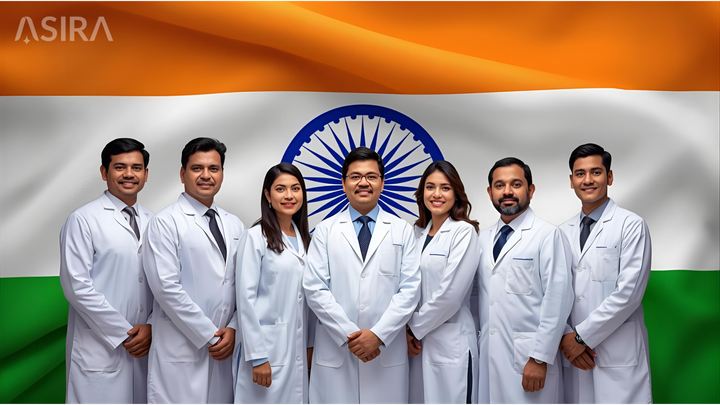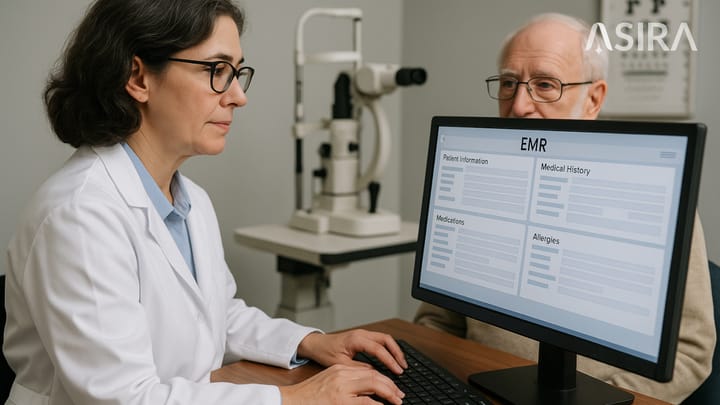The Role of Nutrition in Eye Health: Insights from Recent Research
Diet plays a significant role in long-term ocular health. This blog post highlights the key findings and implications of various studies, emphasizing the importance of diet in maintaining eye health and mitigating age-related ocular conditions.

Introduction
Diet plays a significant role in long-term ocular health, impacting conditions like cataract, age-related macular degeneration (AMD), diabetic retinopathy, and glaucoma. This blog post highlights the key findings and implications of various studies, emphasizing the importance of diet in maintaining eye health and mitigating age-related ocular conditions.
The Impact of Nutrition on Ocular Health
Globally, approximately 250 million people experience some degree of vision loss, with conditions like cataract, AMD, glaucoma, and diabetic retinopathy being the leading causes. These diseases predominantly affect older adults, and their prevalence is expected to rise with an aging population. Oxidative stress, resulting from high oxygen consumption, exposure to high-energy visible light, and a high concentration of polyunsaturated fatty acids in the eye, is a common factor in these conditions. Reactive oxygen species (ROS) generated under these conditions can damage ocular tissues, making dietary antioxidants a focal point of research for disease prevention and control.
Age-Related Macular Degeneration (AMD)
AMD is characterized by degenerative changes in the macula, the central area of the retina responsible for high-resolution vision. It is a leading cause of severe vision impairment in European-derived populations, accounting for over 50% of certifiable vision loss in the UK. Epidemiological studies suggest that diet is a significant modifiable risk factor for AMD, though the influence of confounding factors in non-interventional studies has raised concerns about the validity of these findings.
Randomized controlled trials (RCTs) provide the highest quality evidence for evaluating the efficacy and safety of therapeutic interventions. Five large RCTs with over 75,000 participants have shown that prophylactic antioxidant vitamin or mineral supplementation does not prevent the development of AMD. However, high-dose antioxidant vitamin and mineral supplements may slow AMD progression. The Age-Related Eye Disease Study (AREDS) concluded that long-term supplementation with vitamin C, vitamin E, beta-carotene, zinc, and copper reduced the risk of progression to late-stage AMD by 8% over five years. However, safety concerns regarding beta-carotene supplementation in smokers prompted AREDS2 to exclude beta-carotene, finding no significant reduction in AMD progression with the addition of lutein, zeaxanthin, and omega-3 fatty acids.
Cataract
Cataract, characterized by opacity in the crystalline lens, affects over 60 million people worldwide. The risk of cataract increases with age due to protein aggregation and oxidation reactions within the lens. Observational data suggest that a diet rich in vitamins C and E, lutein, and zeaxanthin, and the use of multivitamin supplements can reduce the risk of cataracts. However, RCTs comparing antioxidant vitamin supplements to placebos have not detected significant effects on cataract incidence or progression. Longer-term intake or specific combinations of antioxidants may be required, as indicated by findings from the AREDS cohort.
Diabetic Retinopathy
Diabetic retinopathy, a complication of diabetes, can lead to vision loss if untreated. Nutritional interventions, particularly those involving antioxidants, have shown promise in managing diabetic retinopathy. For instance, certain nutrients can modulate oxidative stress and inflammation, which are key factors in the development of diabetic retinopathy. However, more research is needed to confirm the efficacy of these interventions.
The Role of Dietary Supplements
Dietary supplements, particularly those containing antioxidants, have been extensively studied for their potential to prevent or slow the progression of age-related eye diseases. The AREDS and AREDS2 studies have significantly contributed to our understanding of the role of supplements in eye health. While the benefits of these supplements are evident in some cases, concerns about their safety and the need for further research remain.
The Role of Specific Nutrients
Several nutrients have been identified as beneficial for eye health:
- Omega-3 Fatty Acids: These are crucial for maintaining retinal health . A novel food frequency questionnaire has been validated for assessing long-chain omega-3 fatty acid intake in eye care practice .
- Lutein and Zeaxanthin: These carotenoids, major components of the macular pigment, have antioxidant properties and filter blue light, offering protection against AMD .
- Saffron: Clinical studies suggest saffron may be beneficial for treating ocular diseases, though more research is needed to confirm these findings .
Conclusion
Age-related eye diseases like AMD and cataract pose significant public health challenges due to their impact on vision and quality of life. Dietary modification and nutritional supplementation offer promising strategies for the prevention and treatment of these conditions. The research compiled in the special issue of Nutrients underscores the potential of nutritional interventions in optimizing eye health and highlights the need for continued investigation into the role of diet in ocular disease prevention and management.
ASIRA is a simple and secure, cloud-based software tool, built BY optometrists FOR optometrists, that helps eye care professionals reduce the time and effort required to maintain clinical records, schedule appointments, generate bills, manage inventory and much more!
To find out more, visit www.asira.health and sign up for a 30-Day FREE TRIAL! If you're a new practice owner or a fresh graduate thinking of entrepreneurship, visit www.asira.health/optompreneur to learn how ASIRA can help reduce your costs and increase revenue.
References
- Lawrenson, J. G., & Downie, L. E. (2019). Nutrition and Eye Health. Nutrients, 11(9), 2123. doi:10.3390/nu11092123
- Flaxman, S. R., Bourne, R. R. A., Resnikoff, S., Ackland, P., Braithwaite, T., Cicinelli, M. V., ... & Jonas, J. B. (2017). Global causes of blindness and distance vision impairment 1990–2020: a systematic review and meta-analysis. Lancet Global Health, 5(12), e1221-e1234. doi:10.1016/S2214-109X(17)30393-5
- Evans, J. R., & Lawrenson, J. G. (2017). Antioxidant vitamin and mineral supplements for preventing age-related macular degeneration. Cochrane Database of Systematic Reviews, (7). doi:10.1002/14651858.CD000253.pub4
- Weikel, K. A., Chiu, C. J., & Taylor, A. (2012). Nutritional modulation of age-related macular degeneration. Molecular Aspects of Medicine, 33(4), 318-375. doi:10.1016/j.mam.2012.03.005




